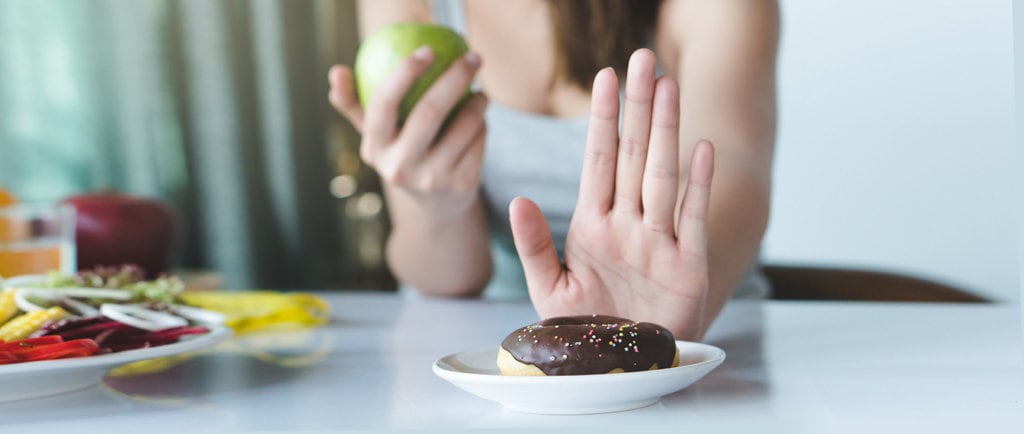They say that you are what you eat. While that’s not technically correct, what you eat has a significant effect on your body and how you feel in your skin. That’s why there’s a growing interest in gastrointestinal health, as it’s closely related to your overall physical and mental well-being. In other words, having a happy, bacteria-balanced gut is key to a better life!
Why Having a Happy Gut Matters
 Before we go over how to ensure you have a happy gut, you need to understand why you should strive for it. Our digestive function plays a major role in our wellness because it’s through the proper absorption of the food we eat that we can cater to our immune system and gain the energy we need to sustain ourselves. When there’s an imbalance in the types and amount of bacteria we have in the gut, things go sideways.
Before we go over how to ensure you have a happy gut, you need to understand why you should strive for it. Our digestive function plays a major role in our wellness because it’s through the proper absorption of the food we eat that we can cater to our immune system and gain the energy we need to sustain ourselves. When there’s an imbalance in the types and amount of bacteria we have in the gut, things go sideways.
So, without further ado, let’s dive right into the five key tips you need to follow to have a balanced and healthy gut:
Drink Plenty of Water
 You already know that one, but are you following it? Water is the most fundamental need we have, and your gut needs it just as much. Staying hydrated helps your digestive system to stay operative and eliminate toxins in your body. It’s normal that we absorb toxins, but it’s how we expel them from the body that makes all the difference.
You already know that one, but are you following it? Water is the most fundamental need we have, and your gut needs it just as much. Staying hydrated helps your digestive system to stay operative and eliminate toxins in your body. It’s normal that we absorb toxins, but it’s how we expel them from the body that makes all the difference.
Establish a Fiber-Rich Diet
Fiber helps your gut by making all the unnecessary by-products go through your digestive system more efficiently. There are two types of fiber: soluble and insoluble. Soluble fibers are found in nuts, oats, bananas, beans, and barley, while you can find insoluble fiber in wholegrain foods, vegetables (e.g., carrots and potatoes), and wheat bran.
Reduce Sugar Intake
 You may have a sweet tooth, but your gut doesn’t. In fact, too much sugar in your diet can lead to inflammation. It can also kill all the good bacteria and seriously disbalance your gastrointestinal health. Artificial sweeteners are no better than regular sugar because they, too, can damage your gut microbiome and affect your metabolism.
You may have a sweet tooth, but your gut doesn’t. In fact, too much sugar in your diet can lead to inflammation. It can also kill all the good bacteria and seriously disbalance your gastrointestinal health. Artificial sweeteners are no better than regular sugar because they, too, can damage your gut microbiome and affect your metabolism.
Add Probiotics to the Mix
Probiotics are everyone’s best friend. Or they should be, at least. The role of probiotics is to help balance your gut by introducing more beneficial bacteria within it. That’s why adding them to your diet is crucial. Probiotics are found in fermented foods like kombucha, kefir, live or active yogurt (bio-cultures), and sauerkraut. If you’re not a fan of those foods, you can consult with your doctor about finding food supplements that contain probiotics.
Focus on Foods That Heal the Gut
 When used correctly, food too can be medicine. Alas, not all food was created equal, and some are better for you than others. Make sure you focus your diet on foods that are beneficial for gut wellness. These include dark leafy greens, fermented foods, avocados, healthy oils like extra virgin olive oil, and fatty omega 3-rich fish, such as tuna and salmon.
When used correctly, food too can be medicine. Alas, not all food was created equal, and some are better for you than others. Make sure you focus your diet on foods that are beneficial for gut wellness. These include dark leafy greens, fermented foods, avocados, healthy oils like extra virgin olive oil, and fatty omega 3-rich fish, such as tuna and salmon.